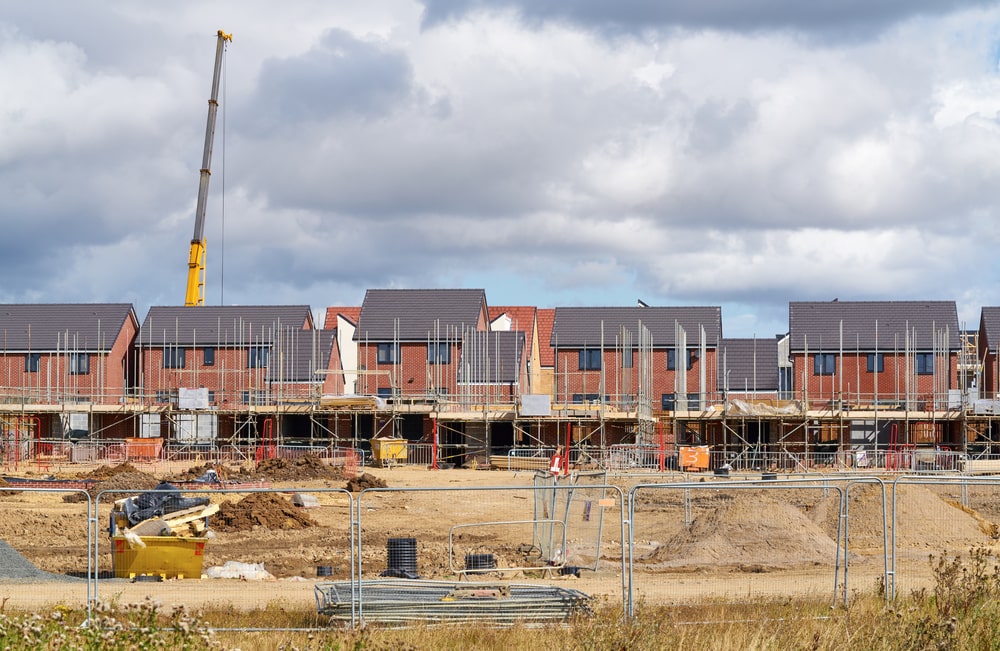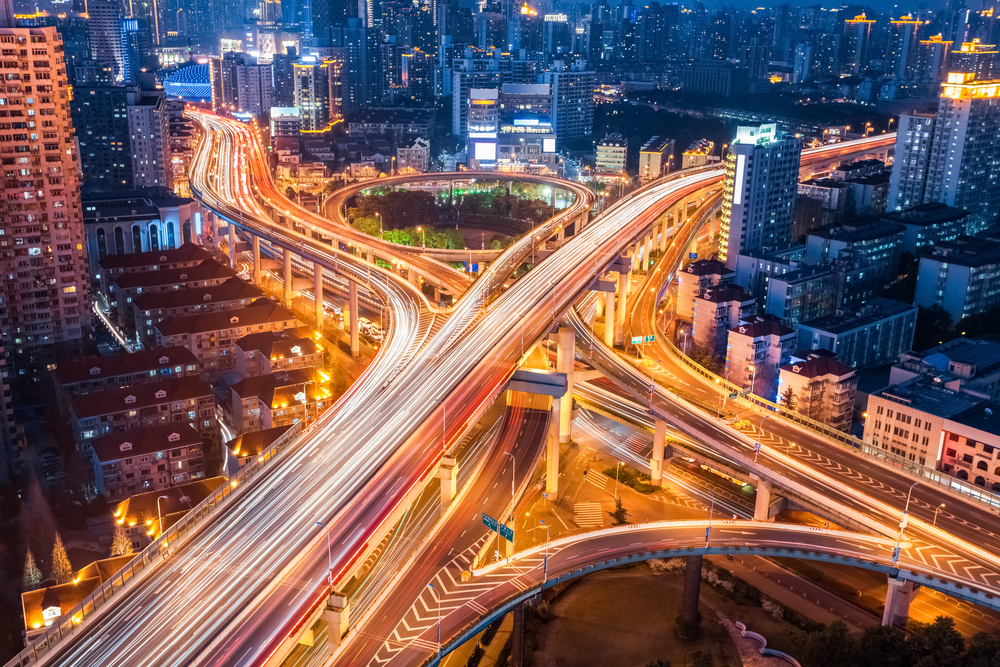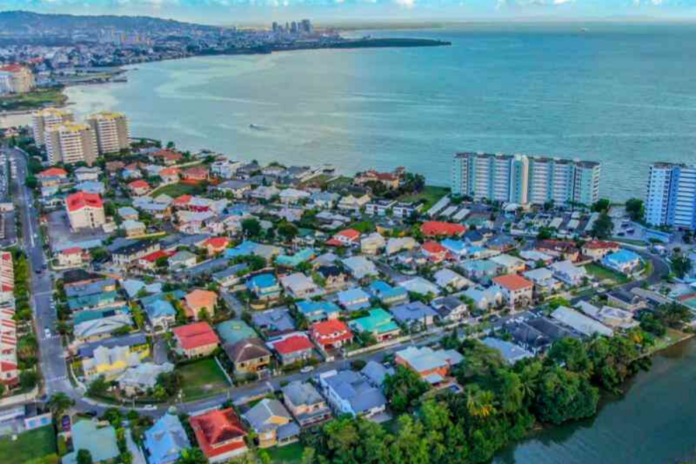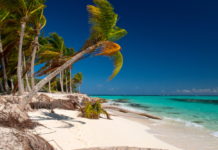When people think of urbanisation, gloomy imagery of cluttered streets, vistas blinded by curtains of smog and noisy, polluted daily life may come to mind. This is rather unfortunate as, according to UN projections, more than 68% of the global population will live in cities by 2050. Are we doomed to a dystopian, claustrophobic future then? The simple answer is no. In fact, if done properly, a drive to urbanisation may both benefit the average citizen and the environment as a whole tremendously. With this in mind let’s look at ways the Caribbean region can benefit from a push towards urbanisation.
More Food On Your Plate
Interestingly enough, according to Trading Economic nations like Trinidad and Tobago actually have a negative urban population growth rate. Instead, previously rural areas are increasingly being built up and settled, whether privately or through state housing schemes, effectively creating a spread out web of suburban communities. Ironically, this has led to complaints wherein some argue that fertile land better suited to farming ends up utilised for housing, or due to the rapid spread of development of houses, becomes next year’s new flood-prone flashpoint. With this in mind, the World Bank interestingly argues that urbanisation can be extremely positive for agriculture and the food you get on your plate.

Put simply, larger concentrations of the population centred in cities mean more land, available cheaply, that could be used for farming on a larger scale than was previously achievable. In the Caribbean where food security and geographical limits like size always present new challenges, this could be a mutually beneficial development. Urban populations would have larger selections of more affordable food while rural producers would have both high demand from a burgeoning market and affordable production rates to incentivize them. With a well thought out and planned initiative from the state level, the Caribbean can effectively secure a smooth, transitional development for itself over the long term.
Bettering The Environment and Economy
Since the dawn of the 21st century, many burgeoning and quickly developing Asian economies have experienced a massive surge in growth and, by extension, urbanisation. Though this has brought additional strains and development challenges, the Asian Development Bank(ADB) believes that it could also benefit the environment greatly as well. The most obvious reason is that less land would need to be cleared and destroyed for human settlement were more people to exist in concentrated urban sprawls. The second reason that presents itself is more economic. Populations being concentrated mean that less resource and finances would need to be expended to deliver services.
For example, rather than having to cater to commuters traveling long distances to work, or to receive a particular service, both public and private providers can concentrate and focus their activities. This means less vehicular emissions, particularly if an effective public transportation initiative is launched by the state. Additionally, companies such as internet services providers and other utilities would need to expend less resource, concentrate production and, according to the ADB, this would lead to elevated output levels.

According to 2018 World Bank figures, 80% of the world’s GDP comes from its cities. This massive productivity boost afforded by urbanisation comes from the increasingly concentrated nature of large scale activity and ease of access it affords. Furthermore, large populations in a smaller area mean larger target markets for businesses and therefore, greater profits. This financial incentive means that an urban nation can see state intervention and spending in the economy scale back, further allowing better revenue flows both from savings and taxation. Indeed, most of the world’s small ‘miracle’ economies such as Singapore, Dubai and Hong Kong have all emerged from an urban, free-market landscape like this.
The Caribbean Benefits
Urban, consumer-based economies would also allow the Caribbean to escape its curse of economic monoculture and the fragility which comes with this. Consequently, greater access to goods and services is an economically proven way to improve living standards and affordability. While this seems to be happening naturally for some Caribbean economies, others may have to stimulate it provided the political will exists. This would involve the obvious matter of tax incentives, urban planning and improving the attractiveness of urban living through the aforementioned benefits that come with concentrated commerce. Furthermore, it would definitely mandate economic policy aimed at encouraging affordable housing.
Did you know urbanisation can benefit tourism as well? For example, a more open, rural landscape would allow easy opportunities for the development of ecotourism. Each island boasts a unique mix of flora and fauna, some only native to there. A proper private-public partnership in this area would allow any island to both preserve its environmental longevity while earning valuable foreign exchange from the endeavour.
It’s worth noting that while so many benefits exist for an urbanised Caribbean state, this alone may not be enough incentive to spur such a movement. For example, many politicians may be loath to pursue such a movement, particularly if their key support bases are geographically centred in certain areas, especially where ethnically divided voting patterns exist. A heavily concentrated urbanised population may be seen as a threat to securing seats and, unless the electoral process is heavily slanted in favour of say, a proportional representative system, then odds are political will for urbanisation will be severely lacking. Regardless, the benefits are monumental and both private and public interest groups would be well justified in advocating for long term future urbanisation.



















